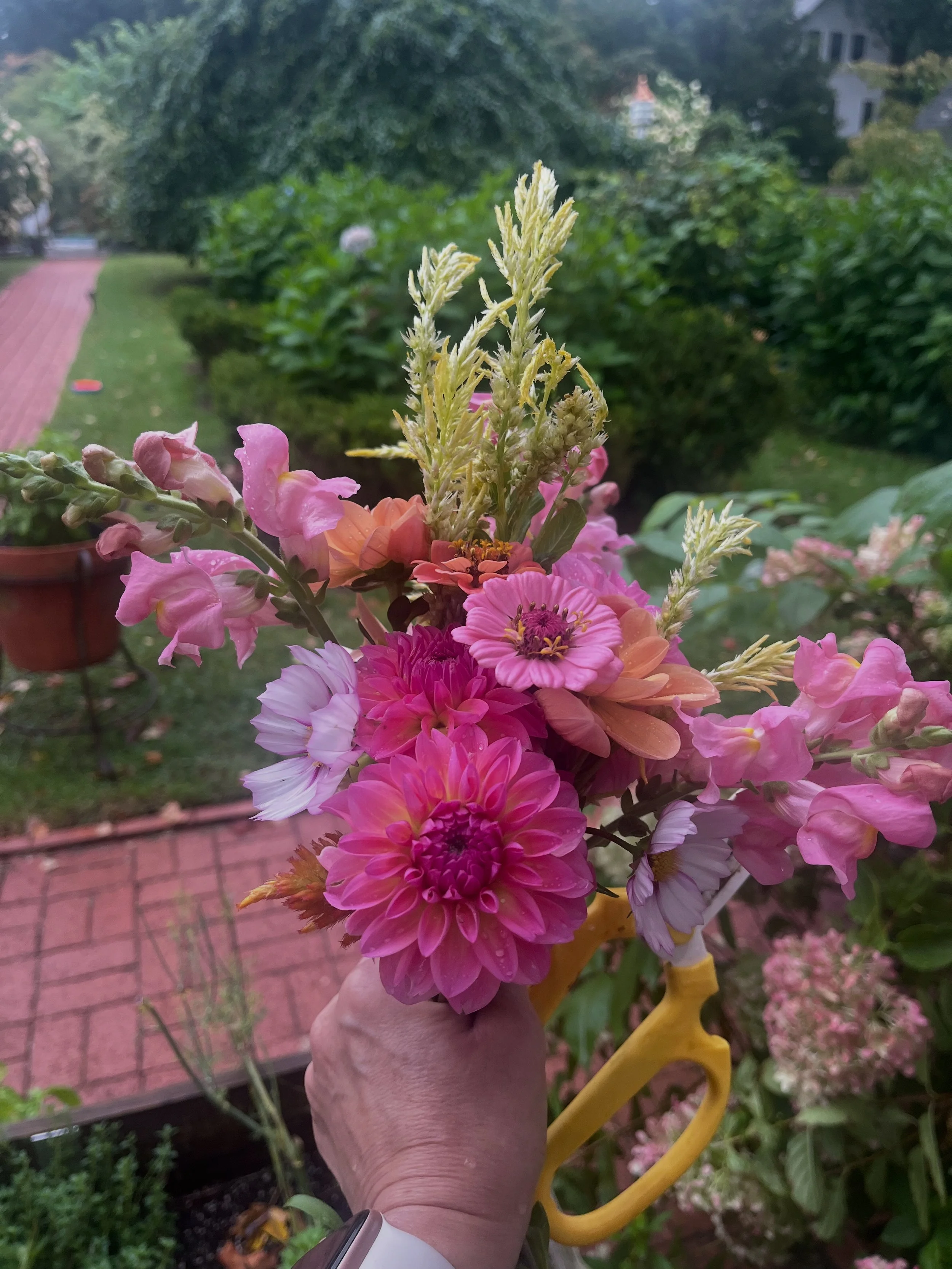Take Up Coaching!
We live in a world that prizes quick fixes and self-improvement hacks, but the human heart doesn’t heal on a timer. It grows slowly—like a garden—through attention, pruning, and patient care. Over years of mentoring, writing, and walking with women through the many transitions of life, I’ve learned that real transformation happens when faith and psychology meet in the soil of ordinary life.
Coaching, for me, isn’t about achieving more. It’s about becoming more—more peaceful, more whole, more anchored in the truth of who God created you to be. My approach draws from Catholic anthropology, cognitive behavioral principles, family systems wisdom, and the steady rhythm of virtue training.
These Ten Pillars of Catholic Coaching form the foundation of my work. They’re not abstract ideas, but living practices—ways to return to peace, rediscover purpose, and move forward with hope.
Ten Pillars of a Catholic Coaching Philosophy
1. Sanctity in the Ordinary
Every coaching relationship begins with the conviction that God is present in the smallest, most ordinary parts of life. Change doesn’t require grand gestures—it begins with small acts of faithfulness, done with love and intention. Growth happens in kitchens, car rides, and quiet moments of prayer.
2. Wholeness of the Human Person
I coach from a Catholic view of the human person—body, mind, and soul integrated in one sacred whole. Stewardship of health, emotional maturity, and spiritual depth are inseparable. True flourishing requires attending to all three.
3. Awareness Before Action
Borrowing from cognitive behavioral coaching, we first observe: What am I thinking? What am I feeling? What am I choosing? Awareness creates space between stimulus and response. In that space, grace can enter—and change begins.
4. Thought Renewal, Not Thought Policing
Transformation is not about “fixing” thoughts but renewing the mind (Romans 12:2). Coaching helps women recognize distorted thinking, gently question its truth, and replace it with what is virtuous, hopeful, and aligned with God’s reality.
5. Family Systems as Formation
No one grows in isolation. Our stories are woven in families and communities that shape our beliefs and reactions. Understanding those systems allows us to respond to them with compassion and intention rather than unconscious repetition.
6. Virtue as the Path of Freedom
Each coaching goal ultimately serves the growth of virtue. Prudence, fortitude, temperance, and justice are not abstract ideals—they’re the muscles of a well-formed soul. Practicing virtue frees women to live with greater peace, integrity, and joy.
7. Grace-Based Stewardship
Coaching is not about striving for perfection but cooperating with grace. Clients learn to discern what is theirs to carry and what belongs to God, releasing false responsibility and shame. Stewardship replaces control with peace.
8. Restoring Order and Peace
Disorder—emotional, mental, or physical—creates noise that drowns out God’s voice. Establishing order through routines, boundaries, and clarity restores interior stillness where discernment becomes possible.
9. Community and Communion
Healing and growth are sustained in relationship. Whether within family, faith community, or supportive friendships, we grow holier and healthier together. Coaching fosters connection over comparison, communion over competition.
10. Hope as a Holy Habit
Every coaching encounter ends in hope—not naïve optimism, but theological hope: confident expectation of God’s goodness. Hope is cultivated through daily practices of gratitude, surrender, and trust in divine providence.
If something here stirs your heart—if you feel ready to slow down, sort through what’s yours to carry, and grow in grace—I’d love to walk with you.
Through one-on-one coaching, we’ll explore the sacred intersections of your faith, relationships, health, and vocation. Together, we’ll clarify what’s keeping you stuck, uncover patterns that no longer serve you, and cultivate a plan for sustainable peace—one rooted in virtue, not perfectionism.
🌿 Begin your journey here:
Learn more or schedule some time just for you right now.
Because the work of becoming who you’re meant to be is holy work—and you don’t have to do it alone.
I look forward to talking with you soon!
Elizabeth Foss

